A rare Landowski's early work
Signed on the lower side "P. Landowski"
Cast by "F. Barbedienne fondeur" (foundry mark)
Raised on a Belgian fine black marble base
France
circa 1895
height of the bronze 42,2 cm
height of the base 18 cm
total height with the base 60,2 cm
width 25 cm
depth 26 cm
our web catalog link :
https://galerietourbillon.com/landowski-paul-portrait-presume-delodie-blanchet/
Galerie Tourbillon : Free valuation - Buy and Sell at best prices
Biography :
Paul Landowski (1875-1961) was a French sculptor. Coming from a French family of Polish origin through his father. Studying in hypokhâgne, during the year 1898 he discovered humanist philosophy with Henri Barbusse, which would mark all his work. The following year, alongside his studies, he took classes with portraitist Jules Lefebvre at the Académie Julian. He became an expert in anatomy by following the daily dissections of the School of Medicine and by drawing Professor Farabeuf's teaching charts. He was passionate about boxing. Admitted in 1895 to the Beaux-Arts in Paris, he became a student of Louis-Ernest Barrias. In 1900 he won the Prix de Rome for his “David Fighting Goliath” and stayed then at the Villa Medici. In 1903, he participated in his first Salon of French Artists; he exhibited there throughout his entire career, for more than thirty years. In 1906, soon followed by a whole circle of architects, artists and patrons, he settled in Boulogne-Billancourt. He achieved fame in 1909 with a sculpture installed five years later under the dome of the Pantheon, “To the artists whose name is lost”. In 1916, during the First World War, he participated in the Battle of the Somme and received the War Cross. In 1917, he delivered the statues of the Reformation Monument to the city of Geneva with Bouchard, then created more than eighty war memorials in the post-war period. In 1928, he participated in the art competition of the IX Olympic Games in Amsterdam and won the gold medal in the sculpture competition for "The Boxer". Officer of the Legion of Honor since August 8, 1920, Paul Landowski was promoted to commander in 1928. Recognized as a hero with humanist concerns, Landowski became the sculptor in post-war pacifist France who obtained the most monumental commissions , in Paris or abroad, including the statue of "Sainte Geneviève protecting Paris", erected on the Pont de la Tournelle (1928); the “Christ of Corcovado” in Rio de Janeiro (1931); or the fountains of the Porte de Saint-Cloud in Paris (1936).
Paul Landowski became director of the Villa Medici from 1933 to 1937, and in 1939 was appointed director of the Paris School of Fine Arts where he worked on a reform implementing his conceptions of the teaching of art as a synthesis architecture, sculpture and painting. In November 1941, he made the famous “trip to Berlin” with Paul Belmondo and André Derain, in reality a tour across all of Germany to Weimar. Like many other French artists, he responded to Otto Abetz's invitation to collaborate on an intellectual level with Goebbels' project to bring about a new Europe. As director of Fine Arts and as a former close friend of Otto Abetz, he was in a hurry to act for his students held prisoner in Germany since the debacle. During his purge trial, from which he emerged like most senior civil servants without conviction, Paul Landowski defended himself by explaining that he had paid his salary to the Prisoners' Pension Fund. He claimed to have acted with the aim of contributing through his role to the relief of French prisoners and to have been motivated by the hope of freeing young artists. His ambitious project for a "Temple of Man" was not realized, but one of the elements was reused in 1953 to make the monumental Gate of the Faculty of Medicine in Paris. In 1954, six years before his death, “The Eternal Return” which adorns the columbarium of Père-Lachaise in Paris reaffirms his humanist concerns like a Nietzschean testament.




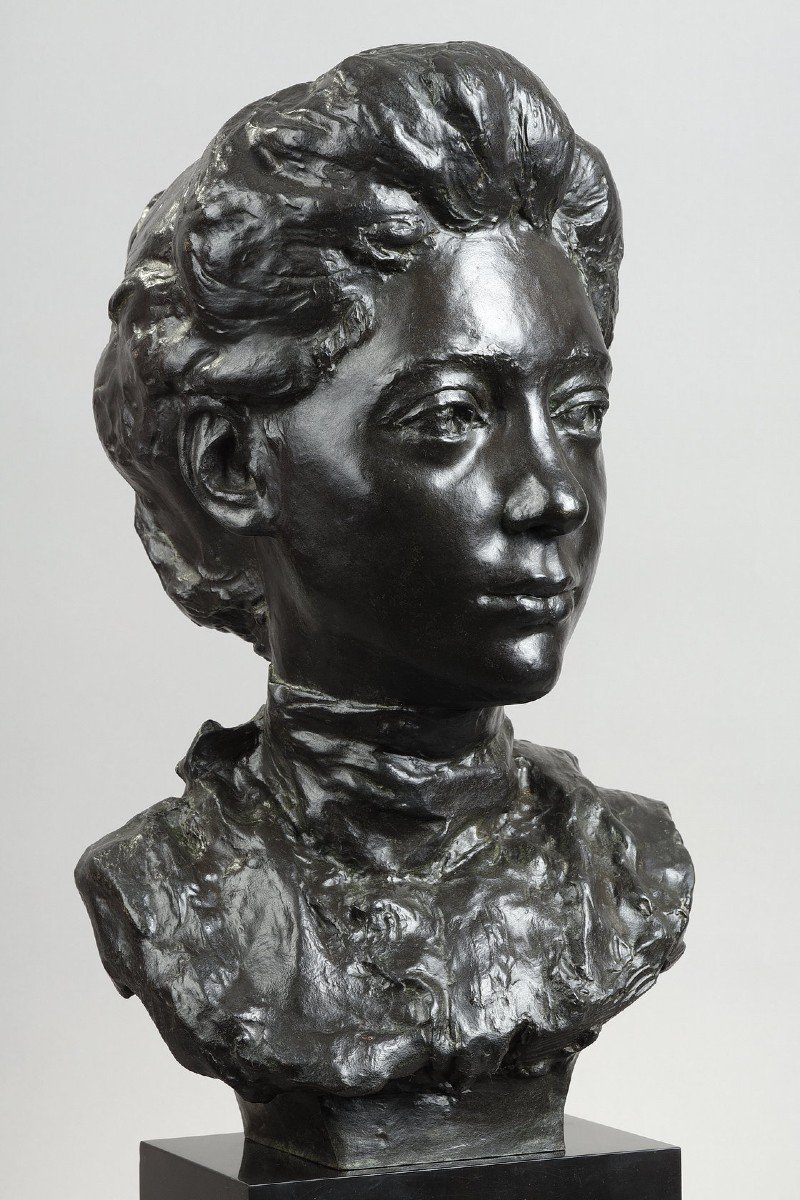



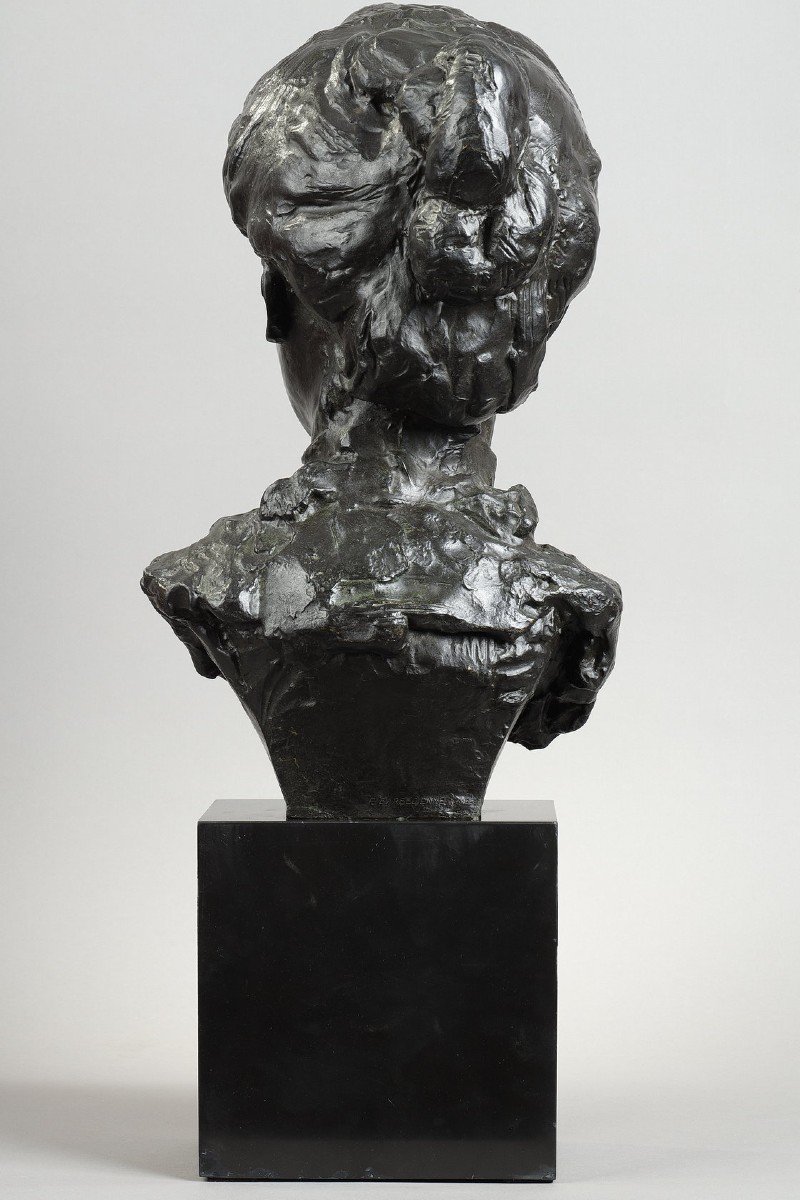




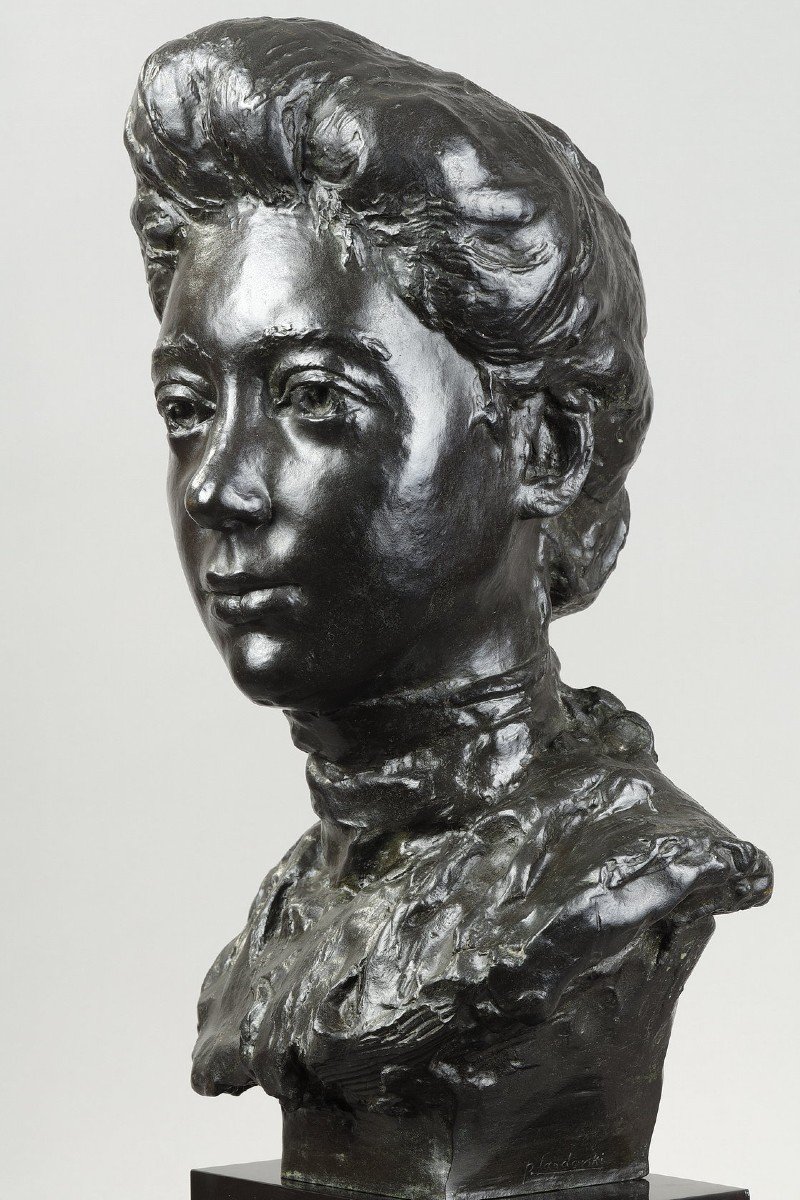





















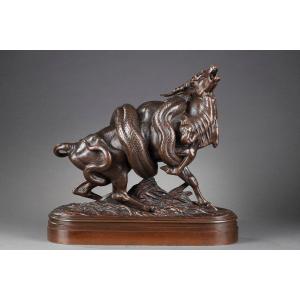
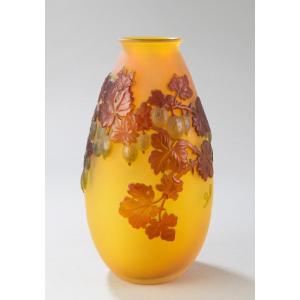

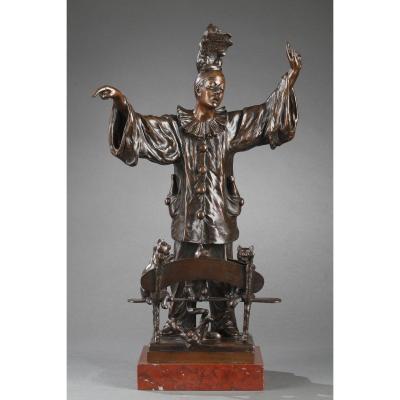
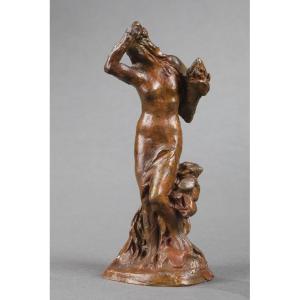


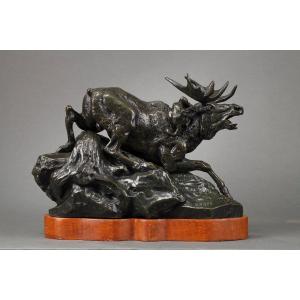
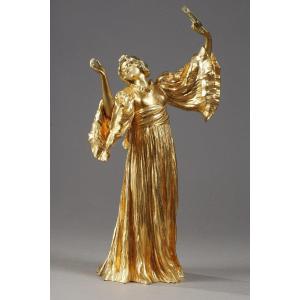

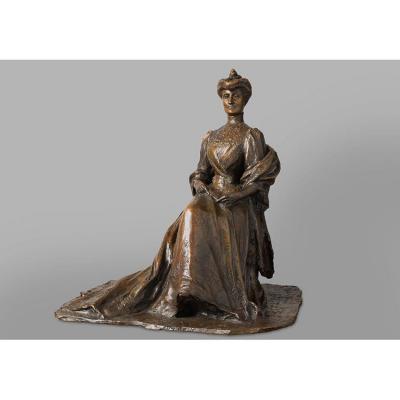





 Le Magazine de PROANTIC
Le Magazine de PROANTIC TRÉSORS Magazine
TRÉSORS Magazine Rivista Artiquariato
Rivista Artiquariato